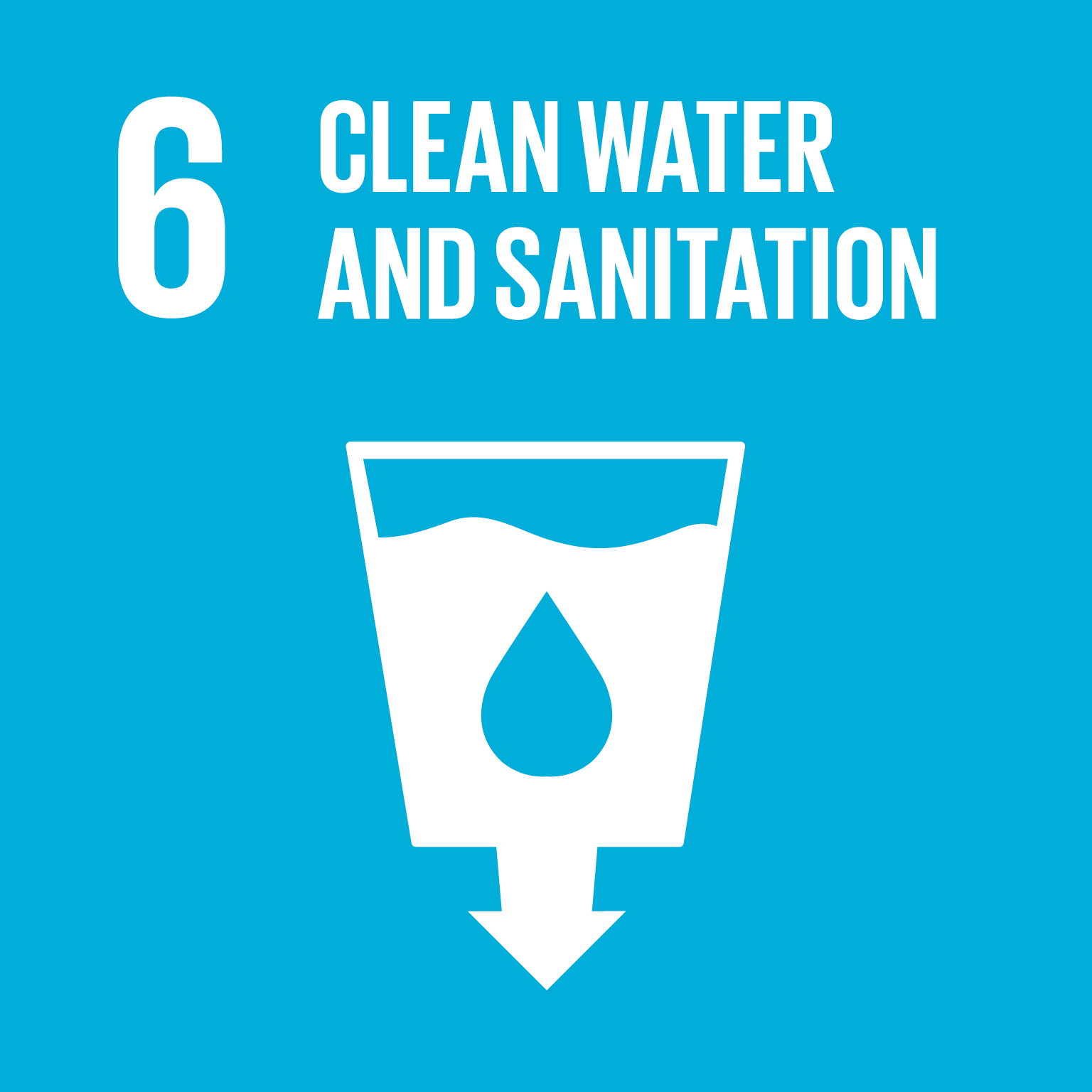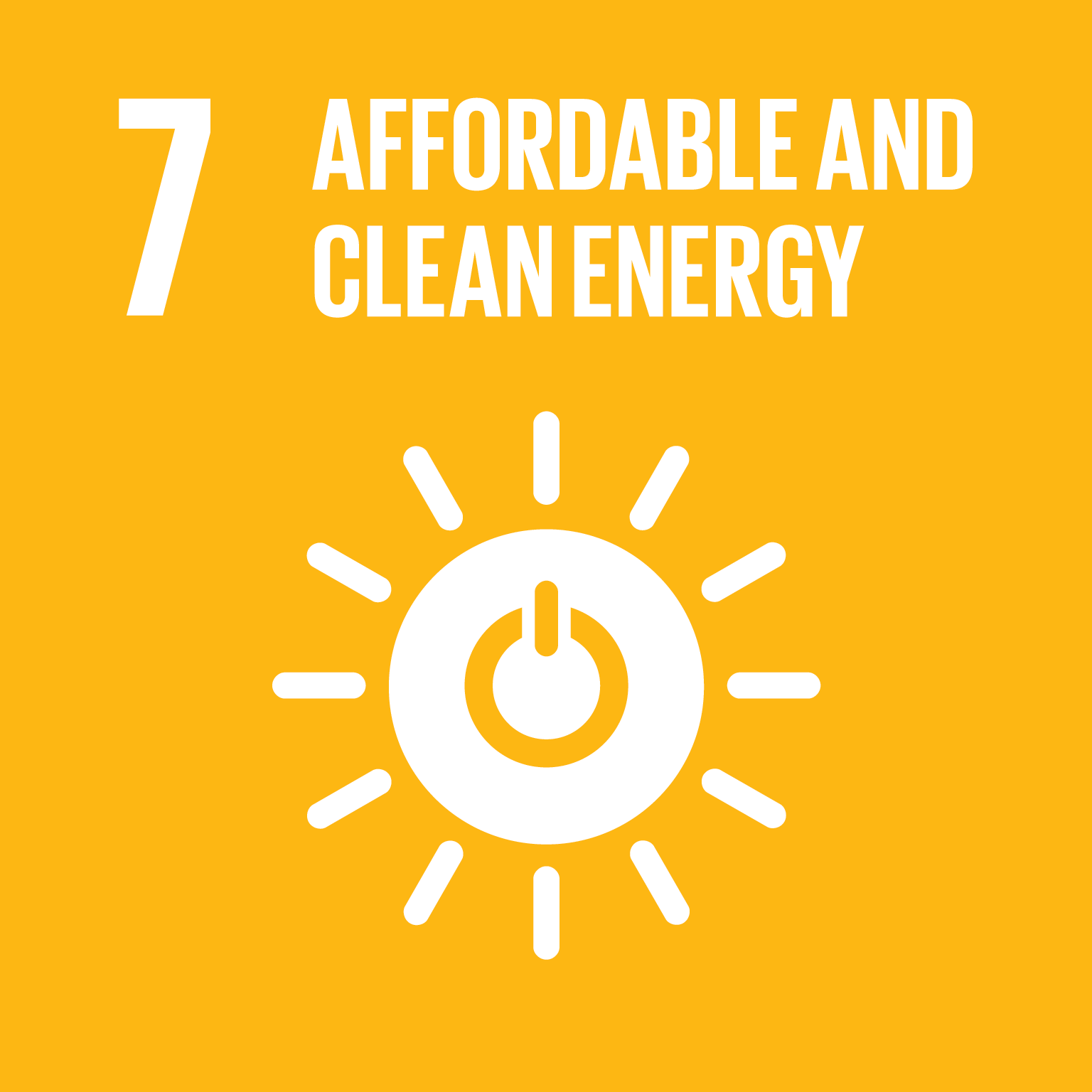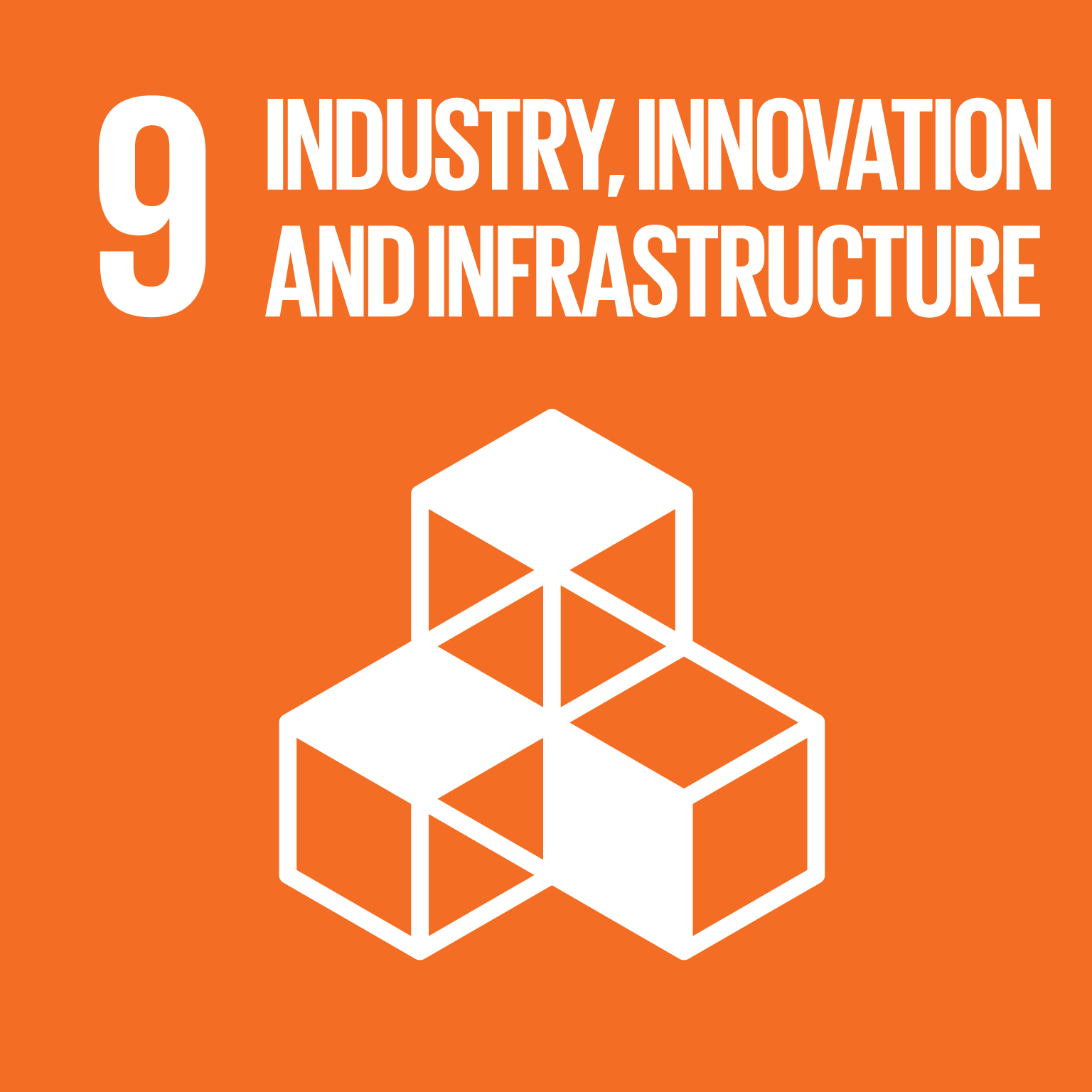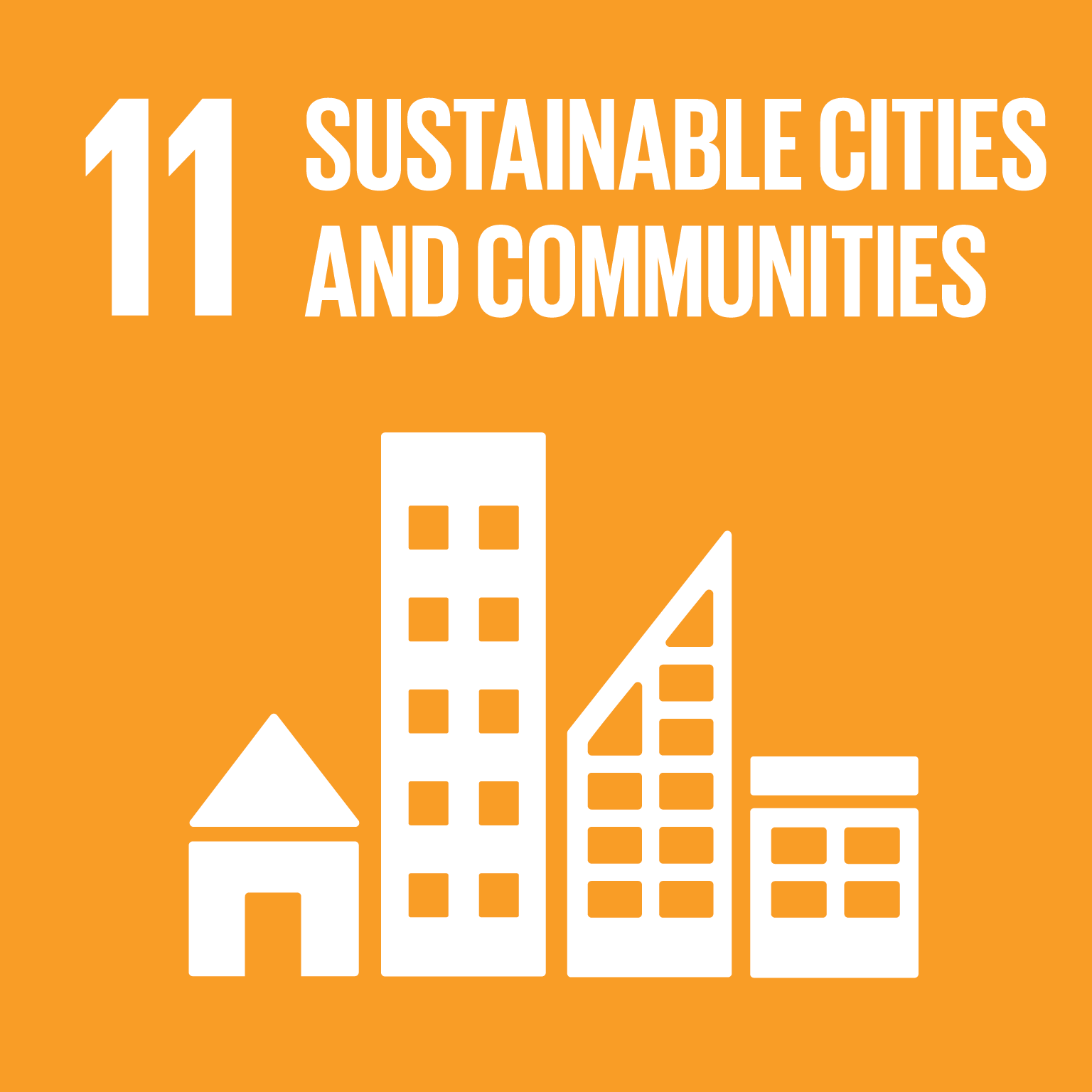The need for freshwater is considered a critical global problem, consequently the demand for alternative sustainable water sources including ground water, desalinated water, and recycled water has increased over recent years and, as a result, the implementation of desalination plants is growing on a large scale.
Desalination processes are applied widely via different technologies. Reverse osmosis (RO) is known as the most widely developed commercial technology. However, RO is an electrically driven process and the electrical energy demand of the RO process is traditionally supplied by combustion of fossil fuels, which causes many adverse environment issues including greenhouse gas emission. There are recent emerging techniques which are aiming to develop more sustainable ways of desalination systems by thermal and/or membrane-based processes particularly in integration to waste heat or solar energy sources. Membrane distillation (MD) as a membrane based thermal driven process in integration with sustainable energy sources proposed as a promising technology to operate separately or in conjunction with other desalination systems in recent years.
The main research streams, which are under investigation in RMIT Energy Conservation and Renewable (Energy Care) group, aim to develop sustainable water desalination technologies by using waste heat or renewable energy sources.
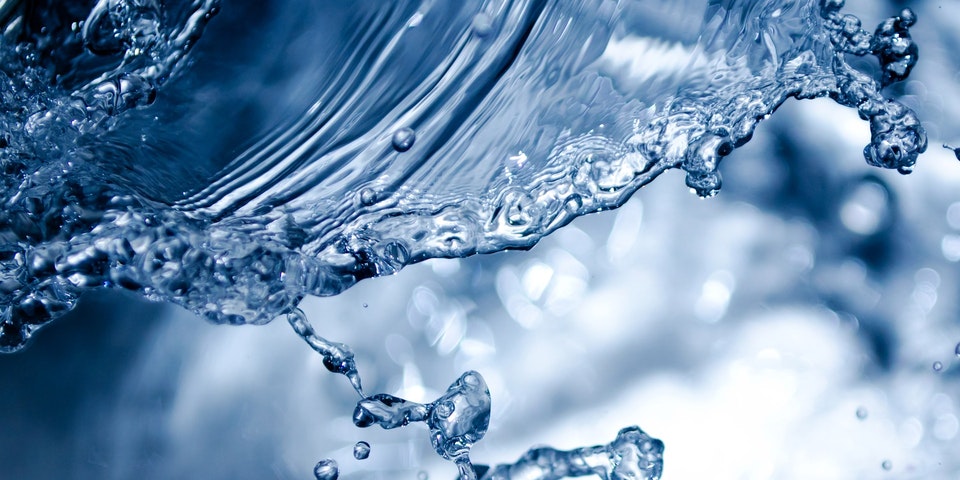
This project addresses the following Sustainable Development Goals and Targets:
6.1 By 2030, achieve universal and equitable access to safe and affordable drinking water for all
7.2 By 2030, increase substantially the share of renewable energy in the global energy mix
7.3 By 2030, double the global rate of improvement in energy efficiency
9.4 By 2030, upgrade infrastructure and retrofit industries to make them sustainable, with increased resource-use efficiency and greater adoption of clean and environmentally sound technologies and industrial processes, with all countries taking action in accordance with their respective capabilities

Get in touch
For more information or to discuss partnership and collaboration opportunities, email us at SDGs@rmit.edu.au.
For more information about RMIT’s sustainability commitments and activities visit www.rmit.edu.au/sustainability
